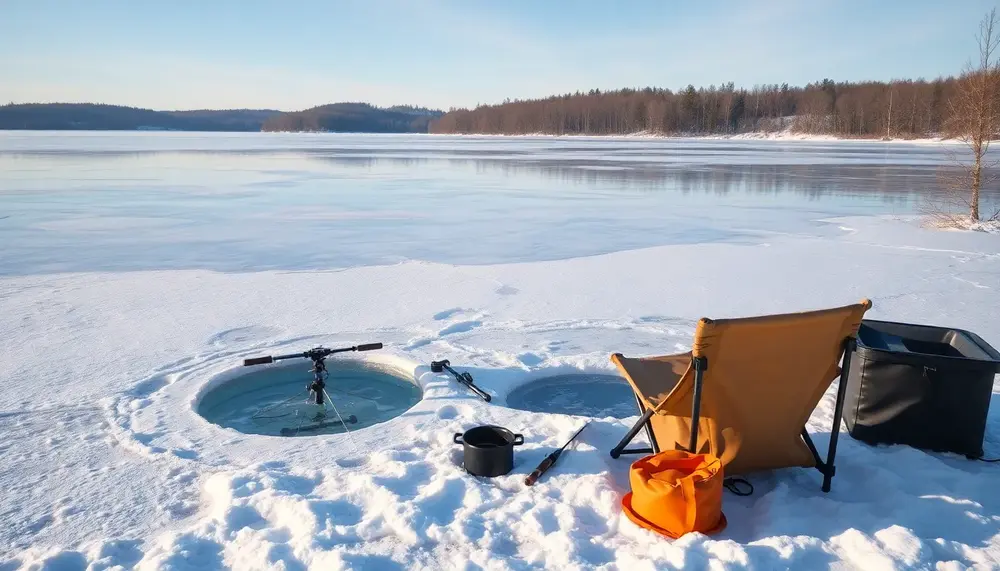Generator
Generator
Definition: Generator
A generator is a device that converts mechanical energy into electrical energy, primarily through the process of electromagnetic induction. It serves a vital role in outdoor activities such as fishing and camping where access to electricity may be limited or non-existent. With a generator, campers and anglers can utilize the comfort and utility of electricity in the great outdoors.
Importance in Fishing and Camping
In the context of fishing and camping, a generator is an indispensable piece of gear. It enables the use of electric tools like fishing sonar equipment, camping lights, fridges, and even heaters in remote areas. Not just that, it also serves as an emergency power source for charging cellphones or powering up the RV. It provides comfort, safety, and convenience during your time in the wilderness.
Type of Generators
Types of generators include gasoline generators, diesel generators, propane generators, and solar-powered generators. The choice among these depends on the individual's requirements concerning power output, noise level, weight, and environmental concerns. For instance, a solar-powered generator is a quiet and eco-friendly option, but it might not give enough power for larger equipment.
Usage and Safety
While generators are incredibly useful, they must also be used safely. They should never be used in enclosed spaces due to the risk of carbon monoxide poisoning, and they should be placed in a dry and ventilated area. Keep them out of the reach of children. Remember that it's essential to read and follow the manufacturer's instructions.
Conclusion: Generator in Fishing and Camping
In conclusion, a generator serves as a portable power station during your fishing and camping treks. It lights your campsite, keeps your food fresh, powers your fishing gear and ensures your phones are charged. Always respect safety guidelines and choose one that perfectly suits your needs. Enjoy the blend of nature and technology!

